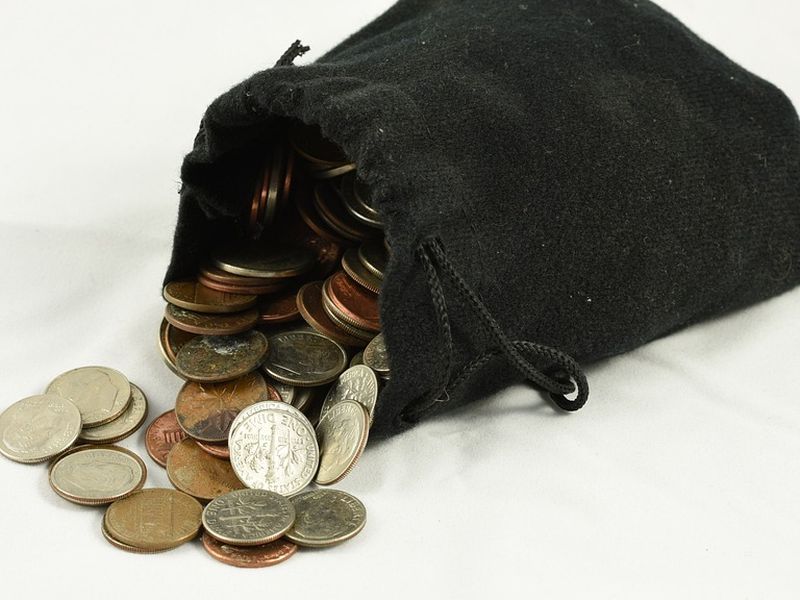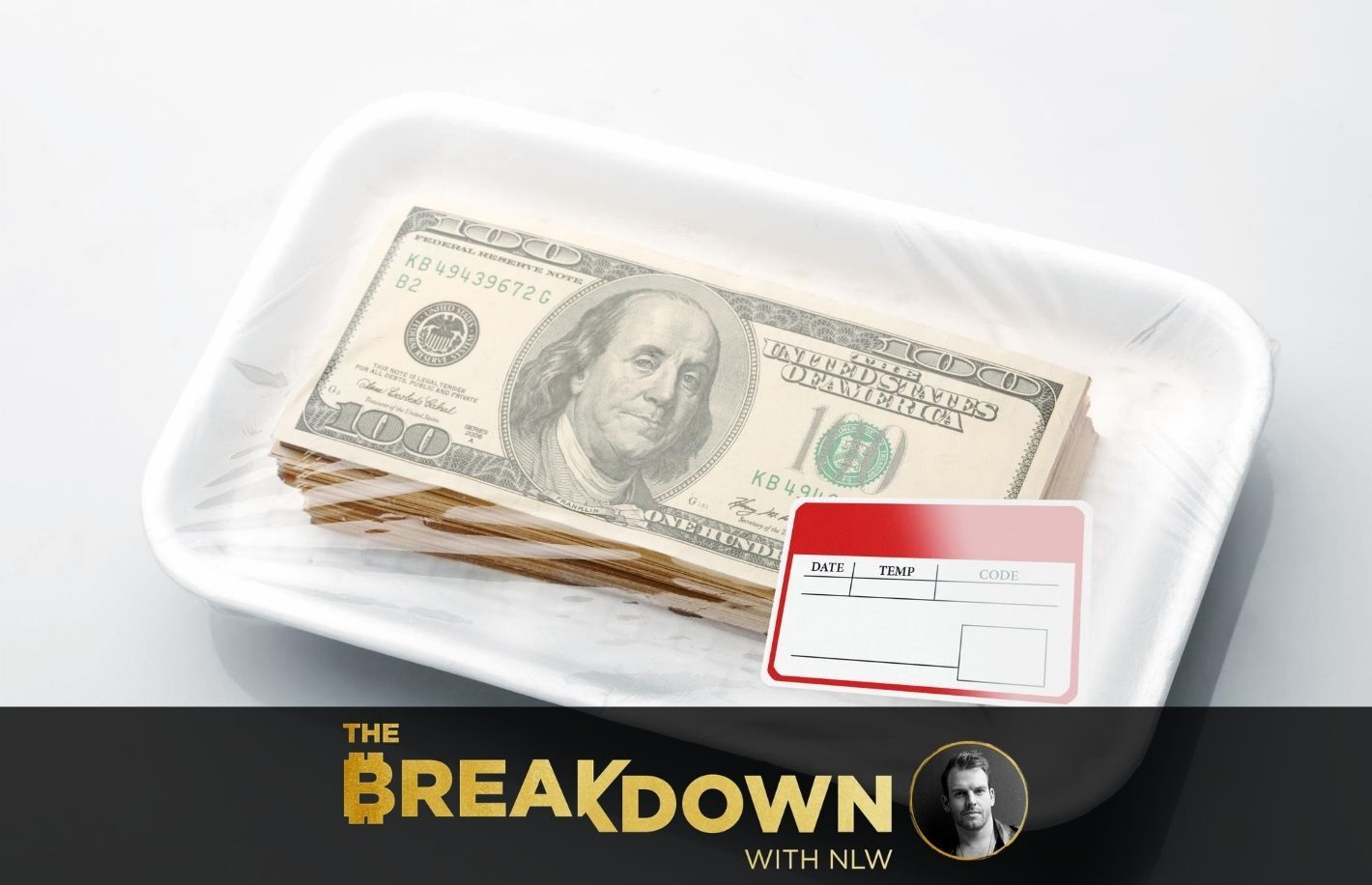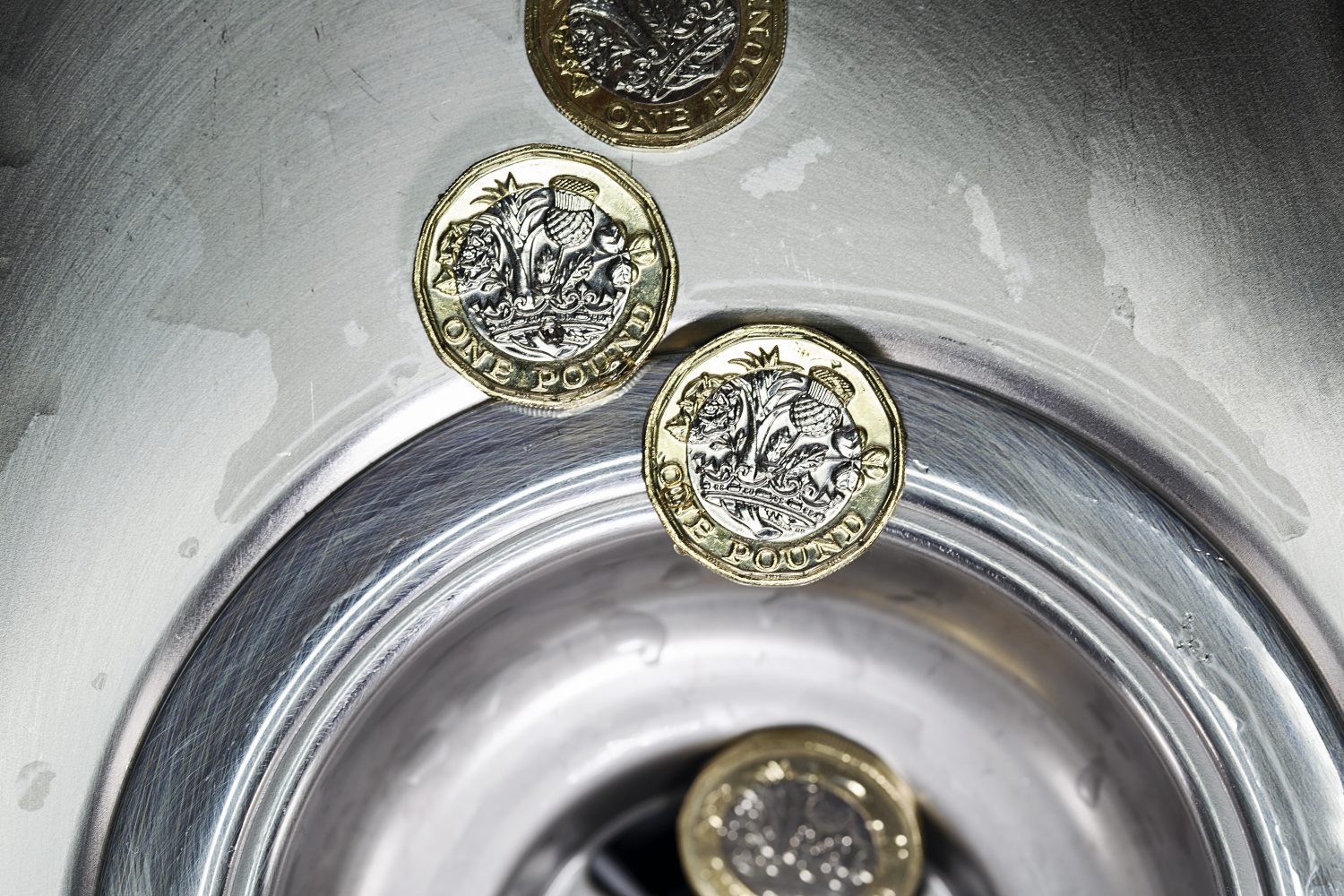Crypto-Fan Deaton Gets Chance to Battle Elizabeth Warren for U.S. Senate
-
A prominent lawyer in crypto legal circles, John Deaton, has won the Republican nomination in the Massachusetts Senate race, and he’ll now face Sen. Elizabeth Warren.
-
Sen. Warren, who is arguably the most influential crypto critic in Congress, has a massive money advantage and has beaten past Republican challengers easily.
The hope of crypto enthusiasts weary of industry pushback from Sen. Elizabeth Warren (D-Mass.) remains alive after the crypto sector’s top candidate, lawyer John Deaton, won the Republican primary in Massachusetts and a chance to face Warren in the general election.
Massachusetts Republicans supported Deaton with almost two-thirds of the vote, according to unofficial results after the polls closed on Tuesday. Early polling had indicated the edge may have been with Robert Antonellis, an engineer who favored former President Donald Trump’s views on a range of social issues, but he trailed far behind Deaton.
“Only in America could someone like me be elected to take on one of Washington’s most entrenched elites,” Deaton said at a victory celebration Tuesday night. “It’ll be an honor to represent you in the United States Senate.”
Still, polling in that state (and her record against Republicans in her last two races) suggests that Warren is enjoying a powerful lead against any Republican trying to prevent her third term, so the general election in November may still bring heartache for crypto enthusiasts.
Warren, one of the most prominent leaders of the U.S. progressive wing of the Democratic Party, has lashed crypto with sharp rhetoric and heavy legislative proposals that could crack the financial movement’s foundations. She amassed almost $20 million in direct donations for her Senate campaign, outpacing would-be Republican challengers to an extreme extent.
The cash disparity is especially noteworthy in the context of the crypto’s industry’s massive outlay of campaign spending that’s outpaced other industries in the U.S. primaries. The Republican field included two strong crypto candidates in Deaton, who has weighed in on crypto’s battle with the U.S. Securities and Exchange Commission, and Ian Cain, who founded a startup incubator that cultivates blockchain projects.
The industry’s leading campaign-finance arm, the Fairshake political action committee, didn’t touch this race. Deaton did receive about $1.3 million in super-PAC support, but from a smaller Commonwealth Unity Fund, a PAC backed by crypto names including Ripple Labs, the Winklevoss brothers (Tyler and Cameron) and Phil Potter, a former Bitfinex and Tether executive.
That spending falls far short of the massive spending Fairshake and its affiliates have devoted to elevate its chosen, crypto-friendly candidates and to specifically defeat candidates who would be expected to follow in Warren’s footsteps, such as Rep. Katie Porter (D-Calif.), whose Senate campaign was opposed with about $10 million in Fairshake spending.
Now that Deaton has the win, he may have a stronger argument for industry support.
Sporadic polling had left the GOP primary battle with little certainty as to an obvious frontrunner, though Deaton had the clear money lead among Republicans. For his primary run, Deaton was able to take in about $1.8 million in direct donations, including $1 million from his own pocket, according to the most recent public filings. Cain, who had been endorsed by noted crypto advocate Sen. Cynthia Lummis (R-Wyo.), had trailed with about $400,000 in direct giving to his campaign.
“While tonight’s results are disappointing, I hold my head high for the movement and progress we have made over the course of this campaign,” Cain said in a post on X. “This was never about a singular person, but about highlighting the failures of our current representation and pushing for a brighter future for Massachusetts.”
Edited by Nikhilesh De.
Disclosure
Please note that our
privacy policy,
terms of use,
cookies,
and
do not sell my personal information
has been updated
.
CoinDesk is an
award-winning
media outlet that covers the cryptocurrency industry. Its journalists abide by a
strict set of editorial policies.
In November 2023
, CoinDesk was acquired
by the Bullish group, owner of
Bullish,
a regulated, digital assets exchange. The Bullish group is majority-owned by
Block.one; both companies have
interests
in a variety of blockchain and digital asset businesses and significant holdings of digital assets, including bitcoin.
CoinDesk operates as an independent subsidiary with an editorial committee to protect journalistic independence. CoinDesk employees, including journalists, may receive options in the Bullish group as part of their compensation.
:format(jpg)/www.coindesk.com/resizer/x37dWM_1ORxU2nCUG8EyVsmvF4Y=/arc-photo-coindesk/arc2-prod/public/3CZRUU6QWVDQ5PSXCNWHUB6CY4.png)









